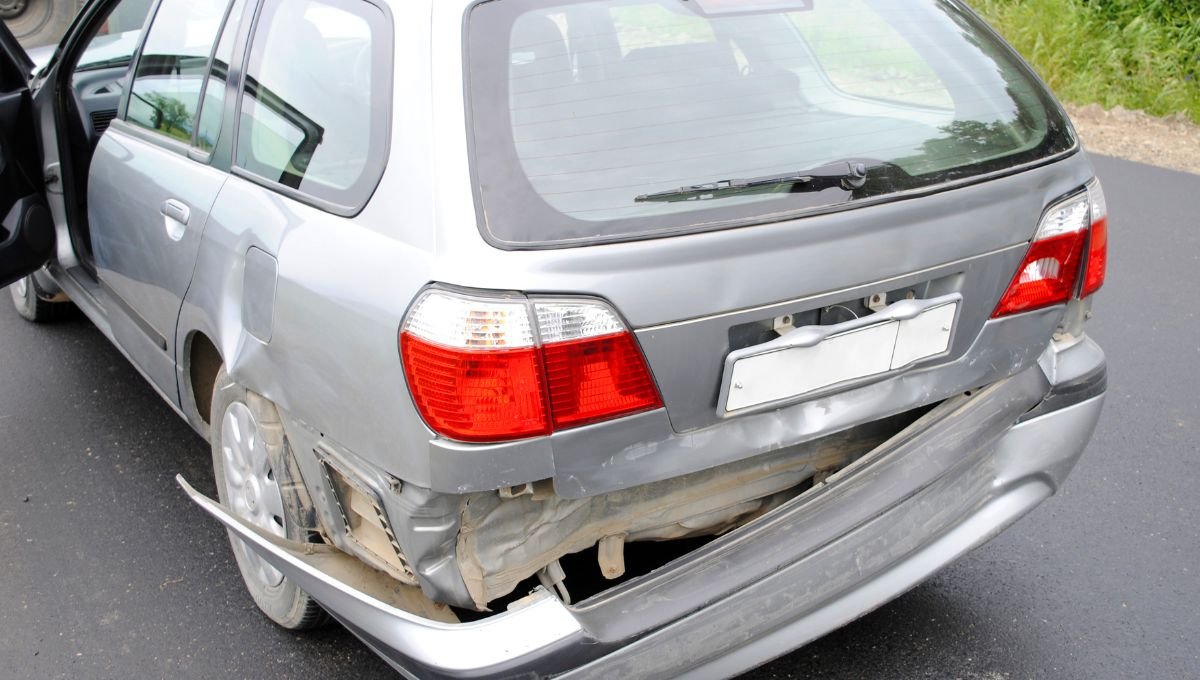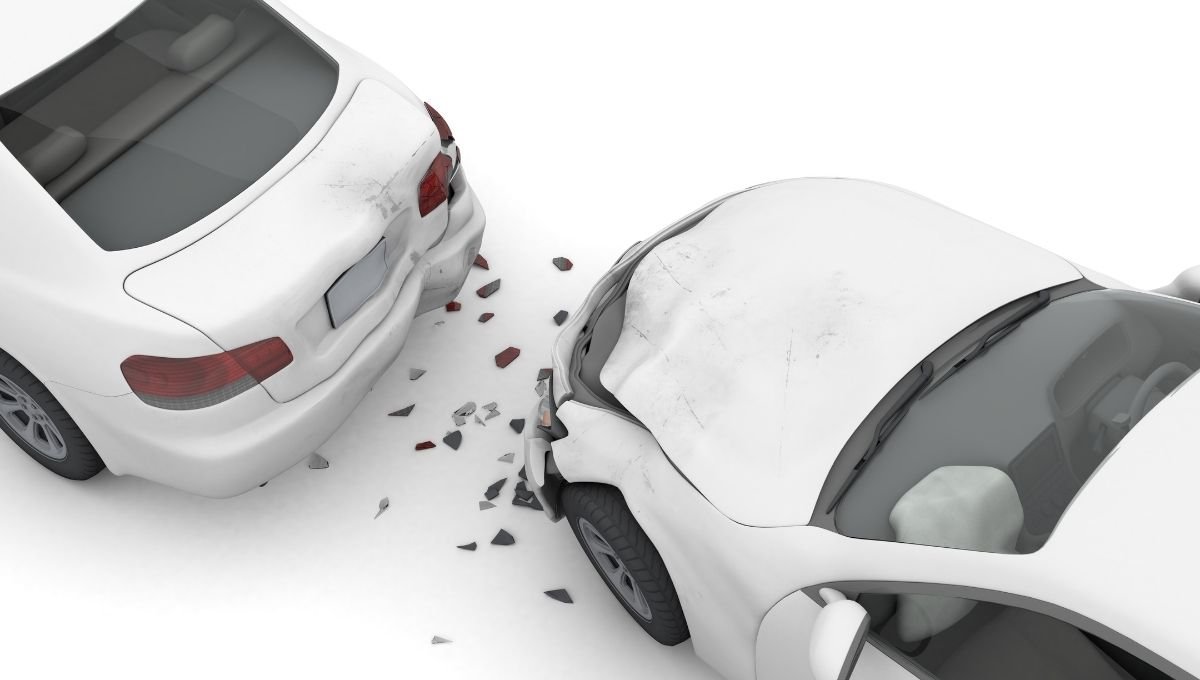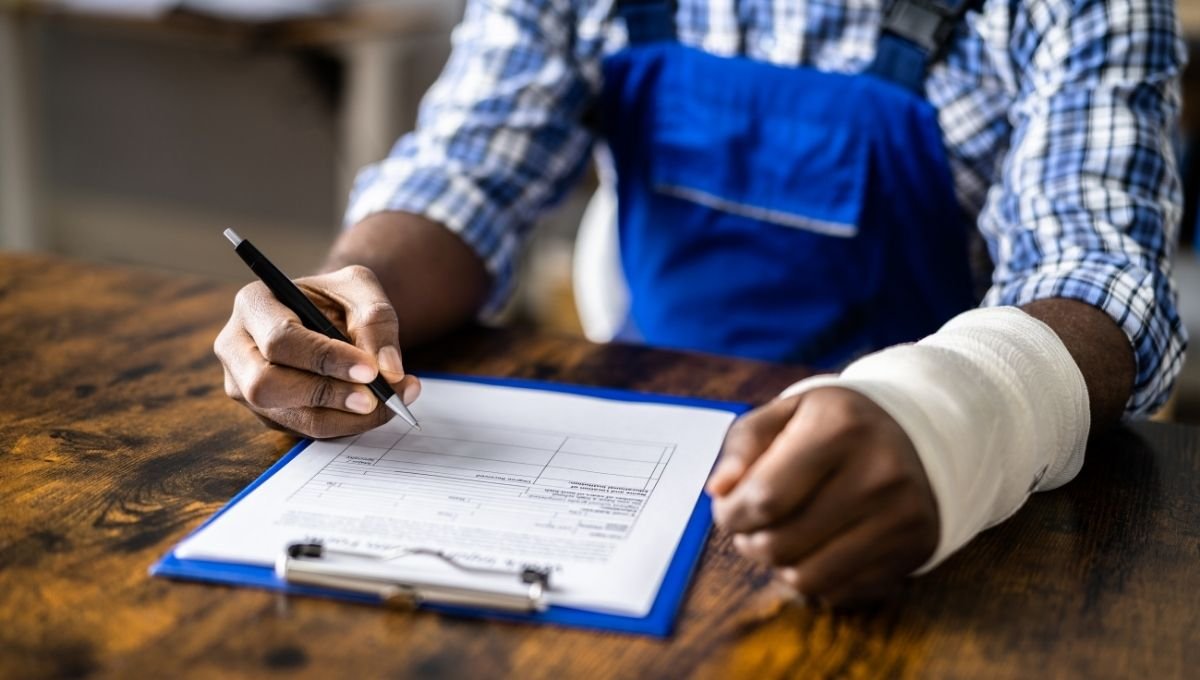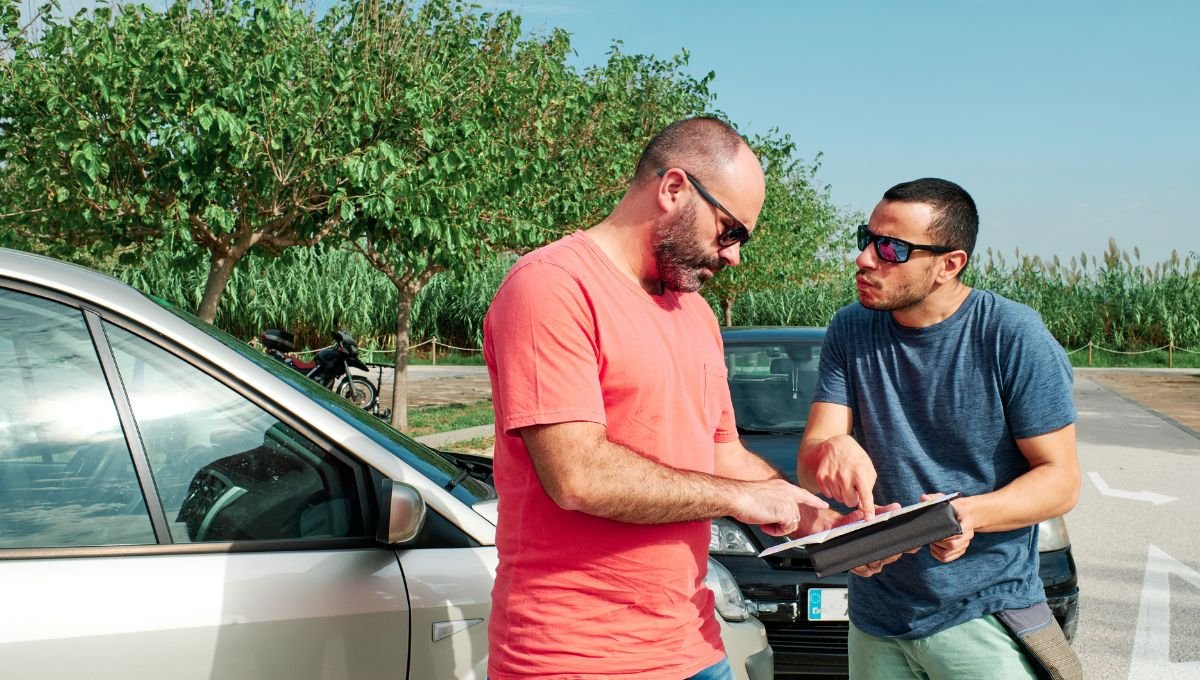Contents
- 1 Vehicle Injury Lawyers: Navigating the Path to Justice with Empathy and Expertise
- 1.1 1. The Role of Vehicle Injury Lawyers
- 1.2 2. Importance of Seeking Legal Counsel Promptly
- 1.3 3. The Compensation Aspect: What You’re Entitled To
- 1.4 4. Selecting the Right Lawyer
- 1.5 5. Debunking Myths Around Vehicle Injury Claims
- 1.6 6. The Path Ahead: What to Expect
- 1.7 7. Empathy at the Core: Understanding the Emotional Aftermath
- 1.8 8. Technology’s Role in Modern Vehicle Injury Cases
- 1.9 9. Common Mistakes Victims Make Post-Accident
- 1.10 10. The Impact of Comparative and Contributory Negligence
- 1.11 11. How Vehicle Safety Trends Influence Claims
- 1.12 12. The Emotional Toll and The Role of Support Groups
People’s lives can be irrevocably changed in the blink of an eye for a car crash to occur. If they are not addressed, the initial shock, pain, and confusion can quickly give way to feelings of desperation and vulnerability. What happened next? It is common for there to be a flurry of medical appointments, calls to insurance companies, time away from work, and sleepless nights filled with anxiety about the future.
Suppose you are reading this after being involved in such an accident. In that case, you need to know that you are not alone, and some professionals are dedicated to guiding you through this challenging phase. Here is where the experience of personal injury attorneys specializing in auto accidents comes into play.

1. The Role of Vehicle Injury Lawyers
After being involved in an accident, the path to recovery and finding justice can appear to be a difficult one. Lawyers specializing in personal injuries caused by motor vehicles serve the role of advocates for their clients, guiding them through the complexities of the legal system. Their function requires them to:
- The investigation into the accident continues.
- Collecting the required pieces of evidence
- Talks with representatives from various insurance companies
- You are in legal proceedings if that becomes necessary.
- Ensuring that you receive the compensation that is justly due to you
2. Importance of Seeking Legal Counsel Promptly
We must act quickly. Even though getting medical attention should be your top priority right now, getting in touch with a personal injury attorney as soon after the accident as possible could make a big difference in the outcome of your case. Why?
- Evidence Preservation: Evidence can be lost over time, and witnesses’ memories can become less clear as time goes on.
- Statute of Limitations: There is a limit to your time in each state before you file a lawsuit. If you miss this deadline, it may be impossible for you to seek compensation.
3. The Compensation Aspect: What You’re Entitled To
Accident victims in the United States may be eligible to receive compensation for the following types of losses:
- Expenses Related to Medicine
- Misplaced wages
- The ache and the suffering
- Distress on an emotional level
- Schäden an Eigentum
Keep in mind that this is not only about your current medical expenses. Consideration should also be given to potential courses of treatment, physiotherapy, and other forms of long-term care.

4. Selecting the Right Lawyer
Your attorney is more than just your representative in court; they should also serve as your guide and support system during this trying time. Here is what you need to keep an eye out for:
- Experience in Vehicle Injuries: It’s possible that a general practitioner won’t have the level of expertise necessary for handling cases involving vehicle injuries.
- Track Record: You can get an idea of their level of expertise from the results they’ve achieved in the past.
- Transparent Communication: It is essential to have clarity regarding the fees, processes, and likely outcomes.
- Empathy: You yearn for a companion who is sensitive to both your mental and physical suffering.
5. Debunking Myths Around Vehicle Injury Claims
- Myth 1: “If the other driver is uninsured, I can’t get compensation.”
Fact: Your insurance, particularly your uninsured motorist coverage if you have it, may aid you in this situation. - Myth 2: “I felt fine immediately after the accident, so I can’t file a claim later.”
Fact: After an accident, some injuries don’t start showing symptoms for days or even weeks. Always go to the hospital for a checkup as soon as possible after an accident.
6. The Path Ahead: What to Expect
Following the hiring of a vehicle injury lawyer, the following steps are typically taken in the process:
- Initial Consultation: The accident, your injuries, and some initial advice on proceeding should all be discussed.
- Investigation Phase: the questioning of witnesses, gathering evidence, and conducting medical examinations
- Negotiation with Insurance: Many cases are resolved amicably without going to court during this stage.
- Filing a Lawsuit: Your attorney will file a lawsuit if a settlement cannot be agreed upon.

7. Empathy at the Core: Understanding the Emotional Aftermath
- Scars can be healed over time, but emotional wounds can stay with a person forever. After traumatic events, it is not uncommon for survivors to experience feelings of anxiety, guilt, anger, and even PTSD. A compassionate lawyer will understand this and be able to point you in the direction of resources that can assist you with your emotional recovery.
8. Technology’s Role in Modern Vehicle Injury Cases
The following are some examples of how technology can help vehicle injury cases in today’s world:
- Digital Evidence: Footage captured on dashcams, traffic cameras, and smartphones can provide extremely useful evidence.
- Virtual Consultations: Increasing access to various forms of legal assistance
- AI in Case Analysis: Predictive algorithms can provide insights into the outcomes of cases and the fair value of settlements.
9. Common Mistakes Victims Make Post-Accident
Even the most level-headed people can be thrown into a state of emotional turmoil and stress in the aftermath of an accident, which can cause them to make choices that are not in their best interests. The following are some frequent errors that can hurt your claim:
- Not Seeking Medical Attention: Seek medical attention immediately, even if the injuries don’t seem serious. Insurance companies could claim that your injuries aren’t serious or aren’t related to the accident if you don’t report them.
- Admitting Fault at the Scene: When people’s emotions run high, they might say sorry or admit fault when they weren’t at fault in an accident. Disclosing such information could be used against you in court.
- Not Documenting Evidence: Snapping photos at the scene, gathering witness information, and writing up one’s account as soon as possible are all helpful.
- Settling Too Quickly: A fast settlement offer from an insurer can be enticing. However, if you’re in a hurry, you might not get paid enough to meet your long-term requirements.

10. The Impact of Comparative and Contributory Negligence
Legal doctrines, like comparative and contributory negligence, can influence the outcome of your claim. In the United States, the regulations vary from state to state.
- Comparative Negligence: You are still eligible for compensation even if you are partially to blame. However, your compensation could be reduced accordingly if you are found partially at fault.
- Contributory Negligence: In some states, you can’t collect damages if you’re even 1% at fault.
It’s vital to understand the laws in your state, and a seasoned vehicle injury lawyer can provide clarity on this front.
11. How Vehicle Safety Trends Influence Claims
The severity of many injuries has been greatly mitigated thanks to modern vehicle safety technologies like lane departure warnings, automatic emergency braking, and cutting-edge airbags. However, they have made new claims when these systems have broken down. Keeping abreast of these shifts is essential, as they can significantly alter the course of a claim.
12. The Emotional Toll and The Role of Support Groups
An accident’s emotional effects can frequently outlast its physical ones. Common mental health issues include depression, anxiety, and post-traumatic stress disorder. Many modern law firms partner with counselors and peer support groups to address the mental health needs of their employees. This support group allows victims to talk to others who have been through similar situations and gain insight and empathy.

13. In Conclusion
The medical, legal, and emotional difficulties that arise after an accident can be overwhelming. But with the right vehicle injury lawyer, you’re not navigating this journey alone. Their knowledge will protect your rights, and their compassion will give you the strength to face the future with confidence.
Remember that this isn’t just about money, fairness, insight, and healing. Having a reliable legal advocate by your side makes handling the process easier.
A car crash can be terrifying, but it’s important to remember that you have legal protections. The best lawyer to hire if you’ve been hurt in a car accident will be there for you, not just legally but also emotionally, to help you through this difficult time. A well-known lawyer specializing in auto accident cases once said, “It’s more than just a case; it’s a life seeking justice.”
As you navigate this time, be ready, patient, and surrounded by professionals who have your best interests at heart. It’s important to remember that securing justice can feel like an uphill battle, but that with competent counsel, victory is within reach.
Disclaimer: This article serves as informative content. For accurate legal advice, consult a knowledgeable attorney who can provide tailored guidance based on your specific circumstances and legal matters.

(FAQs) Vehicle Injury Lawyers
1. What exactly does a vehicle injury lawyer do?
Personal injury attorneys focus on helping people hurt in motor vehicle collisions. They advise their clients on legal matters, assist them with filing insurance claims, negotiate settlements, and represent them in court if necessary to ensure their clients are fairly compensated for their injuries and losses.
2. When should I contact a vehicle injury lawyer after an accident?
A car accident attorney should be contacted as soon as possible after the incident. If you seek advice early on, you can protect your case by preserving evidence, identifying witnesses immediately, and getting the help you need before saying anything that could hurt your case.
3. Will hiring a vehicle injury lawyer be expensive?
Many vehicle injury lawyers work on a contingency fee basis, meaning they only get paid if you win your case or secure a settlement. They usually deduct a set amount from the final settlement. It is crucial to talk about pricing during the first consultation.
4. How can a lawyer help if I’m found partially at fault for the accident?
Living in a state that recognizes comparative negligence may make you eligible for damages, even if you were partially at fault. A lawyer can help you argue to reduce your share of blame and increase your potential reward.
5. Do vehicle safety features and technologies influence my injury claim?
In a word, yes, cutting-edge safety tools can affect settlements. If these mechanisms were effective, injuries could be mitigated. However, if there’s a malfunction or failure, it could lead to an additional claim against the manufacturer. Your case may be affected differently; only an experienced attorney can tell you how.
6. What if my injuries don’t seem severe right after the accident?
It may take time for the symptoms of an injury, such as whiplash or a brain injury, to appear. Visiting a doctor after an accident is crucial, even if you don’t believe you need it. Having a record of your medical treatment immediately following the accident can be extremely helpful if symptoms develop later.
7. Beyond compensation, what other support can I expect from a vehicle injury lawyer?
An experienced auto accident attorney will know how traumatic it is for your mental health. Many law firms work closely with therapists, point them toward support groups, and provide other resources regarding their clients’ mental and emotional health.





